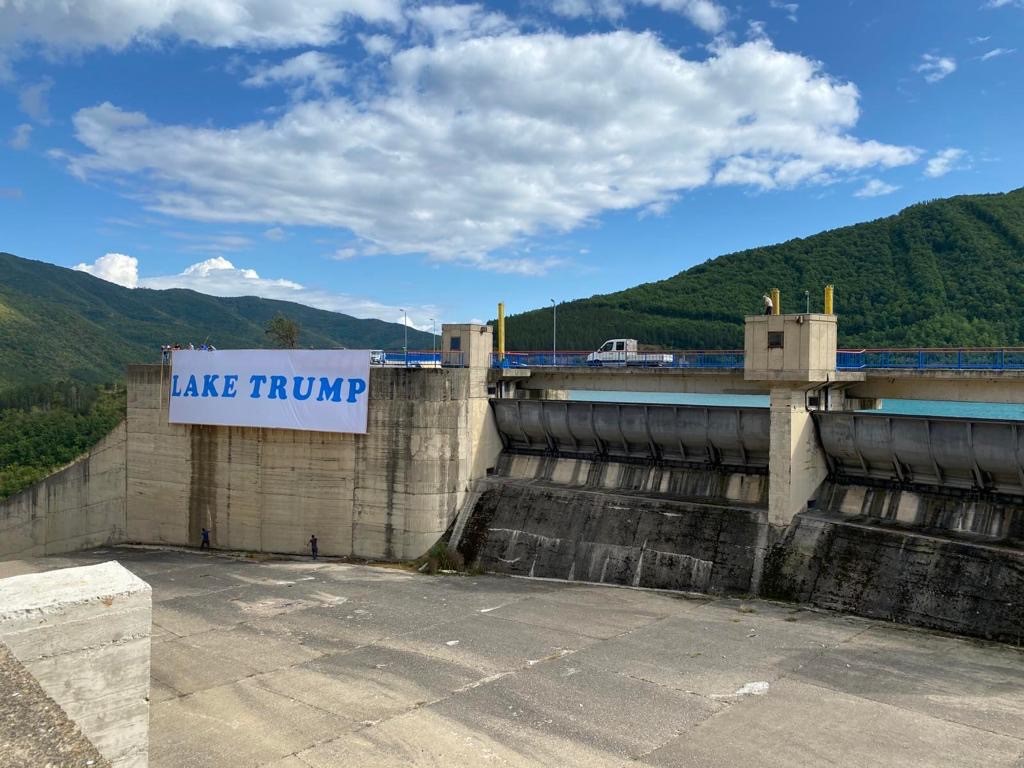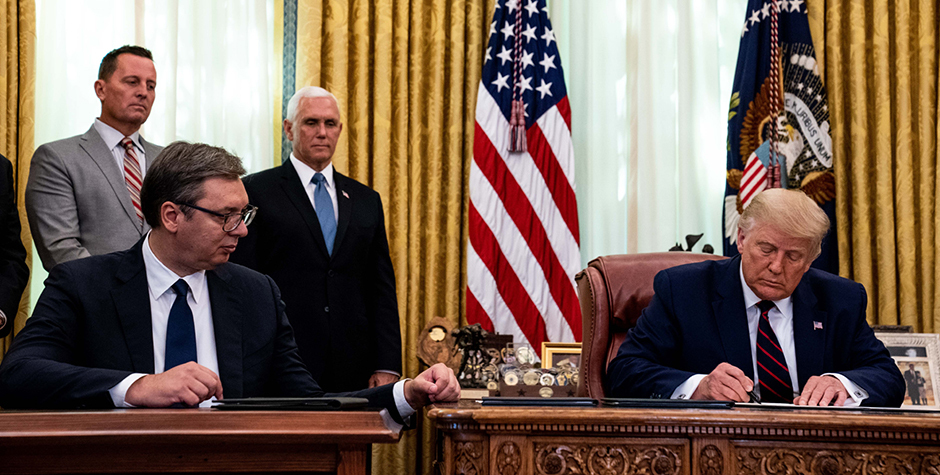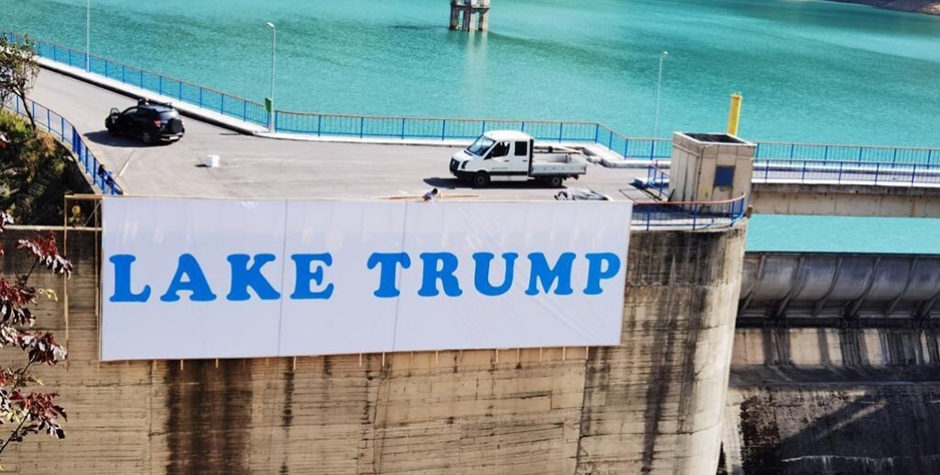How “Lake Trump” and Economic Development Incentives Are Bringing Peace to Once Warring Neighboring Nations
This week, a team of senior U.S. government officials from six federal agencies travelled to Pristina, Kosovo and Belgrade, Serbia, to begin implementing the historic Economic Normalization Agreement signed in Washington, D.C., on September 4th.
The delegation’s rank and size was a rare show of force and sight for any country to see, especially Kosovo and Serbia, both of which were ignored for years by the foreign policy establishment and the Obama Administration. Even the Europeans, who are supposed to be benchmarking progress towards EU membership for Pristina and Belgrade, had decided to ignore the Balkan nations. There was no political will in Brussels for talks. The political dialogue was not only stalled, it was an unserious process filled with bland statements. And the Washington crowd of academic hermits and NGO fundraisers were barely writing on the situation at all.

President Trump, however, believed that something new and different needed to be done. He wanted to “flip the script” and try economic normalization before political normalization. The leaders of Kosovo and Serbia did too. They needed a push. And tough love. And an experienced job creator to help craft a way forward. President Trump issued an inspirational letter to the leaders of Kosovo and Serbia early in his Administration. The President’s direct and personal message laid out his vision to move forward if the parties were willing to look to the future, not the past.
The U.S. government agencies traveling to Pristina and Belgrade this week started implementing the framework that President Trump envisioned years ago. The new Economic Normalization Agreement calls for the U.S. Department of Energy to launch a feasibility study for a large lake shared by Kosovo and Serbia to understand how best to utilize the lake’s resources and create jobs for the region. The name of the lake, long disputed because both sides called it something different (Gazivode and Ujmani), was a serious sticking point for moving forward. The Economic Normalization Agreement almost fell apart because the name of the lake couldn’t be agreed upon. This week, both sides agreed to rename it Lake Trump, an appropriate gesture of thanks to the 45th President and a welcomed solution to a lingering dispute.

The Agreement also calls for the development of major infrastructure projects for the railways and highways of the region. Connecting Kosovo and Serbia with modern-day transportation routes, along with the previously agreed upon direct flights between Pristina and Belgrade, will help normalize commerce and bring much-needed business development. There will also be energy and mining projects that will benefit from the new infrastructure projects. The U.S. International Development Finance Corporation (DFC) led by CEO Adam Boehler, and the Export-Import Bank of the United States, led by Chairman Kimberly Reed, were also both on the trip this week working with our U.S. Embassies in Pristina and Belgrade to launch the infrastructure projects. In addition, the DFC announced the opening of a permanent office in Belgrade, which will enable it to provide timely support in developing the projects outlined in the Agreement.
While there is much work still to do, President Trump has shown that an outsider’s perspective is exactly what the people of Serbia and Kosovo were waiting on. Economic growth and job creation are the keys to unlocking peace and stability in the region.
Support the work of the ACLJ, as we continue to bring you expert analysis on the issues that matter most.

